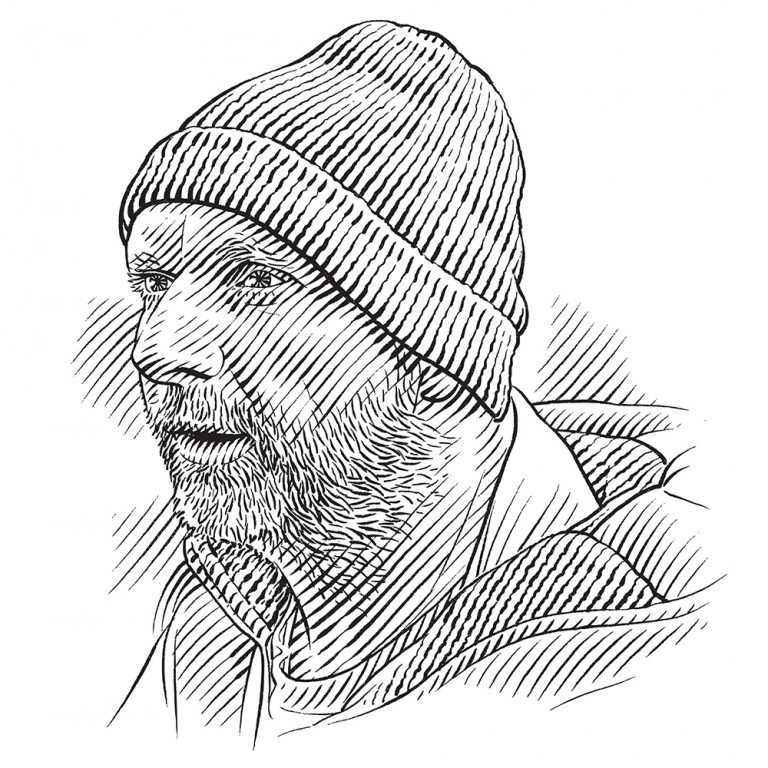The remarkable story of Springer
When an orca calf loses its mother and is stranded 400 kilometres from its family, few would predict a good outcome. One particular such calf proved to be more resilient than most, however – and that helping human hands can turn a potential tragedy into a success story.
Springer (A73) is an orca of the northern resident community that inhabits the waters off the coast of British Columbia, Canada. She was born in 2000 and is the daughter of Sutley (A45), a member of the A4 pod.
In the summer of 2001, Sutley and her young calf were not seen with the rest of her pod in its summer feeding grounds off northern Vancouver Island. Since we know that northern resident orcas don’t travel away from their pod at any time, we presumed that both mother and daughter had perished during the previous winter.
Then, in January 2002, a young female orca was found alone in Puget Sound near Seattle in the USA. She was in a poor condition: emaciated and with skin parasites as well as ketosis, a sign of starvation. It took some time, but eventually researchers were able to identify her as Springer. So this young orca was all by herself, 400 kilometres (250 miles) from the rest of her family, in waters unfamiliar to her and becoming habituated to boats and humans. She was also sick and unlikely to survive on her own. What was to be done with this orphan that, if reunited with her family, could become an important member of a threatened species?
After weeks of consultation between US and Canadian authorities, the captive whale industry, NGOs and concerned members of the public, including First Nations, a rescue plan was put forward to the US National Marine Fisheries Service. Its aim was to try to reunite Springer with her family. She was transported from the harbour where she was found to a floating pen in the ocean, where she was kept away from the public and fed live fish to gain weight. The young orca turned out to be willing to play her part in the plan, fighting for her chance to get back to health. She ate between 18 and 23 kilograms (40 and 50 pounds) of fish a day and her health improved rapidly.
In line with the rescue plan, Springer spent a month getting stronger in the pen before being loaded into a small pool atop a catamaran and transported hundreds of kilometres up north to a holding pen in her family’s home waters in Blackfish Sound, British Columbia. The timing could not have been better: on 14 July 2002, after she’d been there only one day, her family arrived in the area and she made acoustic contact with them. Now she knew that her relatives were nearby.
The two-year-old became very excited and it was clear to everyone involved in her rescue that Springer had to be released immediately. As soon as the net was opened, she headed straight for her family. Although it took them a few weeks to determine just where she would best fit into its ranks, the reunion was a big success! At first the young orca was still drawn to boats and humans, but after a while her family taught her to keep her distance.
Cetacea Lab: A Voice For Whales
Janie and Hermann are working for the protection of Orcas and Humpback Whales in the Great Bear Rainforest by tuning into underwater hydrophones and deciphering the secret language of these majestic animals.
